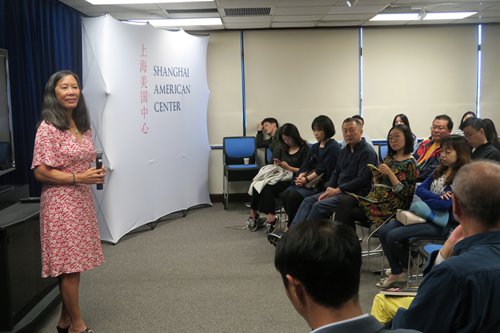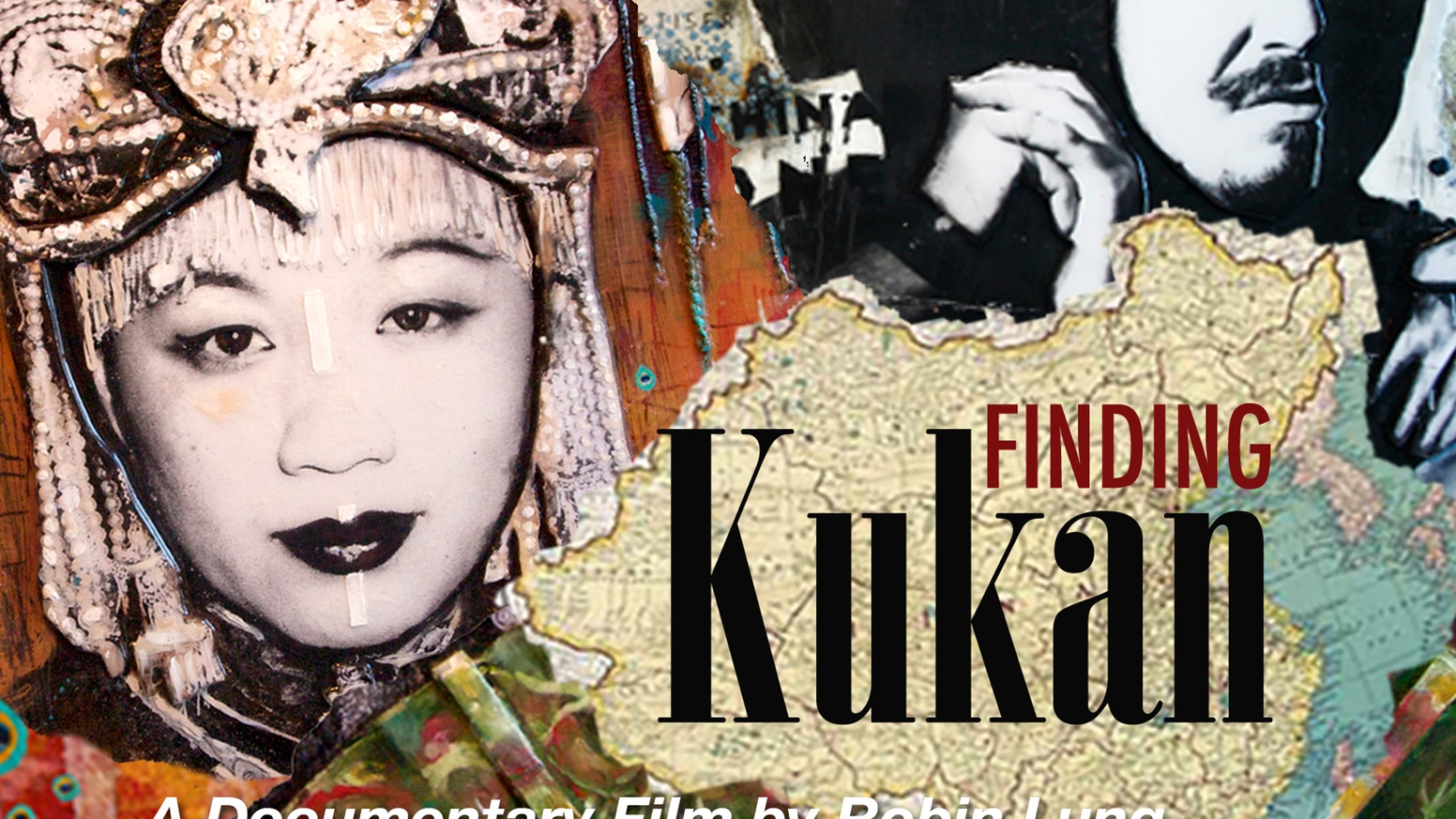
From the People's Daily app.
And this is Story in the Story.
As of Thursday, nine Nanjing Massacre survivors have passed away since the beginning of 2019. Although these witnesses have passed on, the history of the Japanese invasion of China will not be forgotten as all kinds of audio and video records still remain.
One of the most treasured records of the invasion of China by the Japanese troops is Kukan, a documentary filmed by US photojournalist Rey Scott (1905-92) who was sponsored by Hawaii-born Chinese film producer Li Ling'ai (1908-2003).
Scott visited China four times, traveled across most of the country from 1937 to 1940 and captured his perspective of the war-torn country during the War of Resistance against Japanese Aggression (1931-45).
The film screened for President Franklin D. Roosevelt at the White House, while the New York Times called it "awesome." It even received one of the first Academy Awards for a feature documentary in 1942.
All these could not have been achieved if without help from Li, who sold her family's jewelry and taught classes to raise money for Scott's film. However, most people have never heard of Li and all copies of the film were lost after World War II.
Today's Story in the Story looks at the precious finding of Kukan, a documentary recording WWII in China.

Robin Lung (left) attends the screening of her documentary Finding Kukan at the Shanghai American Center on Saturday. (Photo: Courtesy of Shanghai American Center)
Li paid a great deal of attention to the negative portrayal of Chinese in US films from her generation. When the War of Resistance against Japanese Aggression broke out, the international community knew little about it. Li wanted everyone to see Chinese people's efforts as they resisted the Japanese invasion, so she came up with the idea of making a documentary. It was then that she sought out Scott.
One of the most impressive parts of Kukan was a 17-minute-and-34-second scene he captured while Japanese fighters were bombing Chongqing on August 19 and 20 in 1940. Some 200 tons of explosives were dropped on the city in just half an hour. After the bombing, Scott captured local residents' efforts to put out fires throughout the burning city.
A fourth generation Chinese-American from Hawaii, as well as a filmmaker, Robin Lung was able to recover a precious 85-minute copy of Kukan. Now, Lung has turned her seven-year-long journey into a feature-length documentary Finding Kukan.
The film has so far won multiple awards at film festivals across the US and she is currently visiting China to bring the film to Chinese audiences.
Lung has worked for almost two decades to bring untold ethnic minority and women's stories to the screen. A Stanford University and Hunter College graduate, she became a filmmaker after successful careers in book publishing and higher education.

(Photo: Agencies)
Lung read about Li's story while she was looking for inspirations among Chinese-American women's stories.
"My driving desire was to tell a story that was missing in my life growing up," Lung said during a screening of her documentary Finding Kukan at the Shanghai American Center.
"I was really fortunate to grow up in Hawaii where the majority of the population is Asian. But that's not the case in the rest of the United States. So when I was growing up, I didn't see any Chinese women or heroines in books or movies in the US or on television. So when I became a filming girl, I wanted to fill up that voice, and look for a character who was a strong Chinese-American woman who could fill that role as a heroine. When I discovered Li Ling'ai’s story I had to keep going and bring that story to the public," Lung said.
Through her recovery of Kukan and filming her own documentary about it, Lung said that she learned more about her Chinese heritage and Chinese history.
"I was born in the 1960s, in the middle of the Cold War, and we had no communication with China. And there was a lot of negative propaganda in the US about China. I was not proud to be Chinese-American. I identified with being American, but I didn't really identify with being Chinese. In the course of making the movie, I became much more proud," Lung noted.
Although Lung got to know Li through recorded interviews and stories from friends and family, she lamented that she never got to meet Li in person.
"So this is really a lesson, I learned that people need to really pay attention to their elders while they are still alive and the stories of their elders because once people pass away, once a generation is gone, all of those details, the great details that can bring a story to life that can really instruct us are gone unless we document them," Lung said.
(Produced by Nancy Yan Xu, Chelle Wenqian Zeng, Lance Crayon, and Brian Lowe. Music by: bensound.com. Text from Global Times.)


